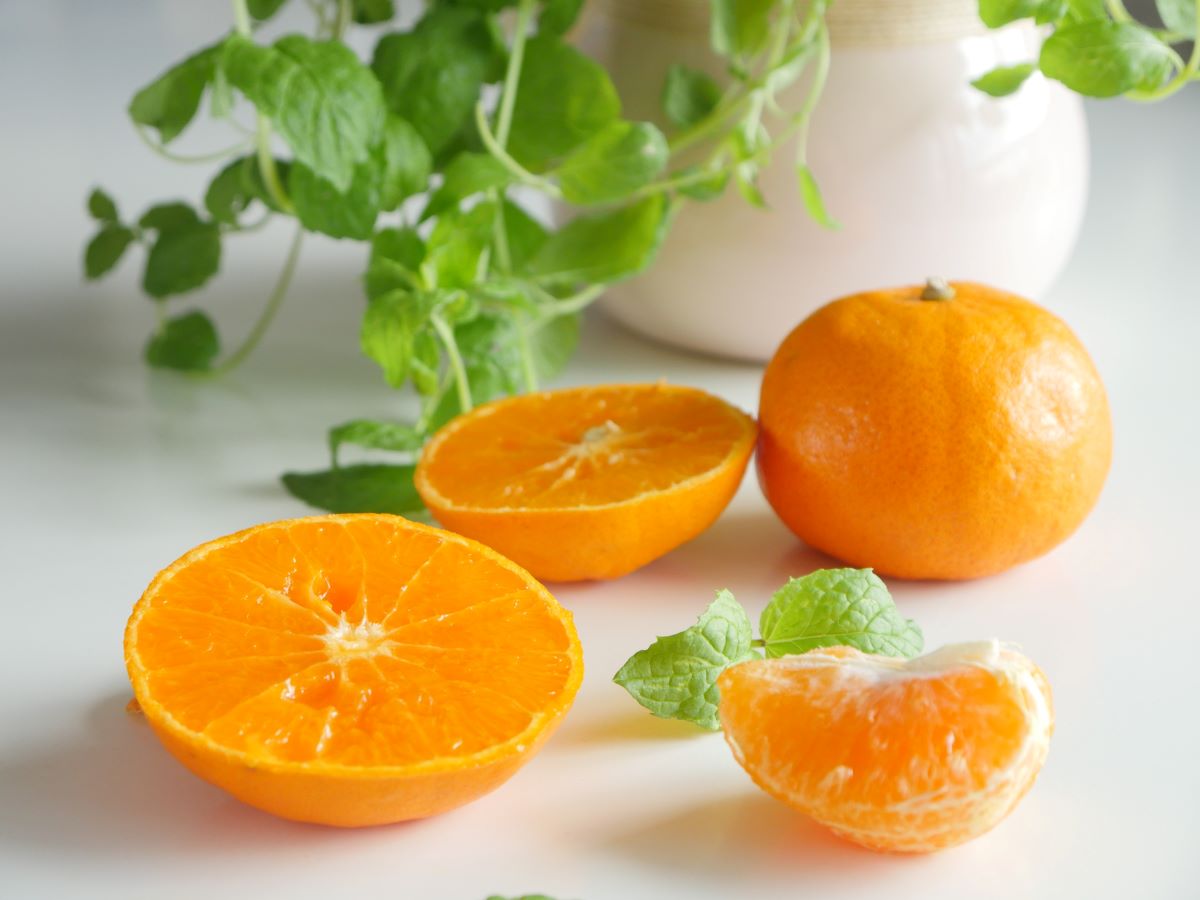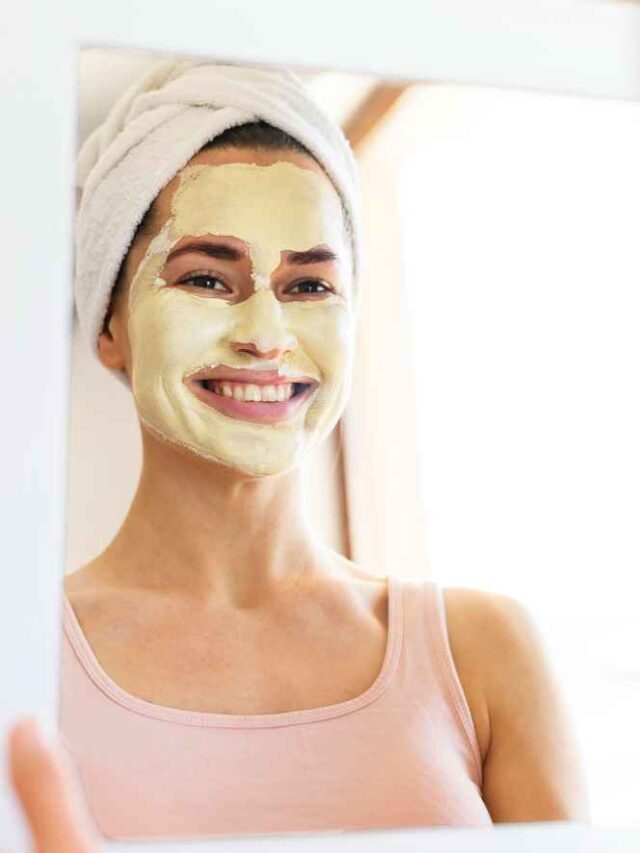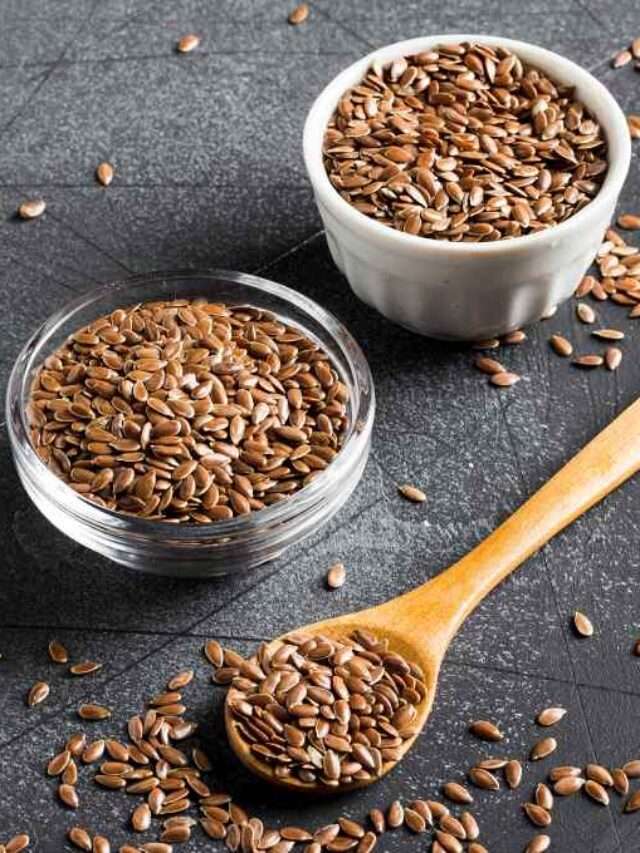Vitamin C is a potent antioxidant and an essential nutrient for overall health, including skin health. It plays a vital role in collagen synthesis, which is essential for maintaining the skin’s structure and elasticity.
Understanding Vitamin C’s Role in Skincare
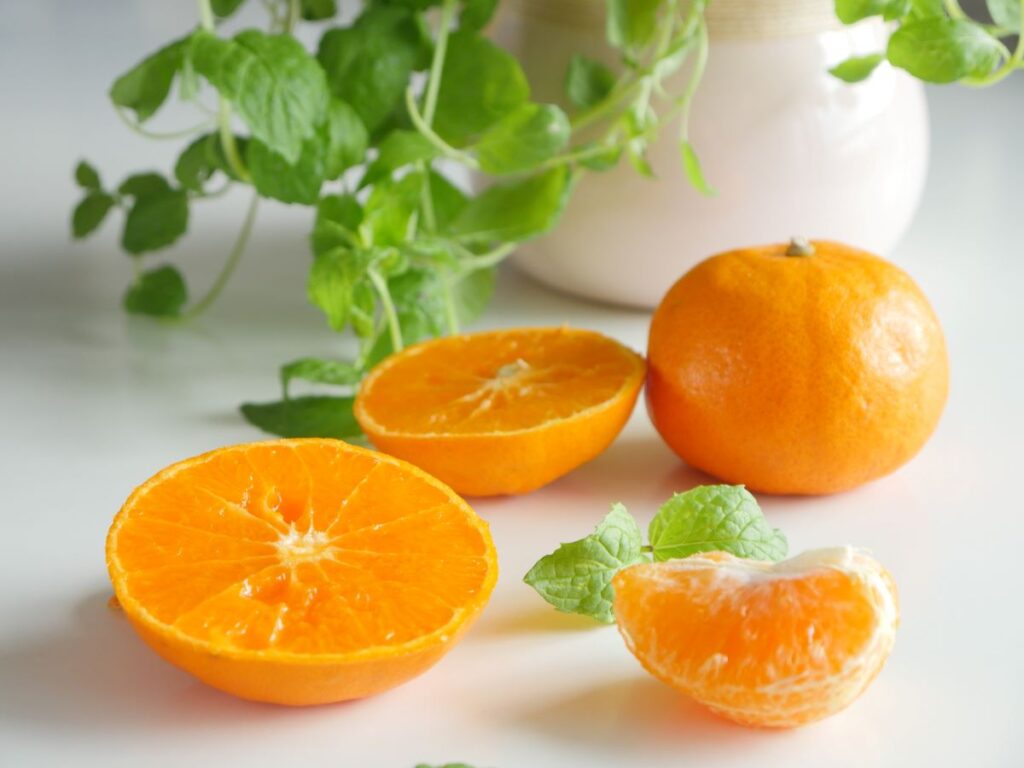
Vitamin C, also known as ascorbic acid, is a potent antioxidant that plays a crucial role in various skin functions. One of its primary functions is collagen synthesis, which is the protein responsible for maintaining the skin’s structure and elasticity. As our age increases, collagen production naturally decreases, resultants’ to the appearance of fine lines and wrinkles. By incorporating Vitamin C into your skincare routine, you can promote collagen production, resulting in smoother, firmer skin.
why vitamin c is beneficial for skin:
1.Collagen Production:
Vitamin C is a crucial component in collagen synthesis. Collagen is a type of protein that provides structural support to our skin, keeps it firm and supple. As our Age increases collagen production decreases, resultant to wrinkles and fine lines. Topical application of Vitamin C can help stimulate collagen production and improve the skin’s texture and appearance.
2.Antioxidant Properties:
Vitamin C is a potent antioxidant that helps protect the skin from free radical damage caused by environmental pollutants, UV radiation, and other factors. Free radicals can accelerate the aging process and lead to skin damage, but antioxidants neutralize these harmful molecules, reducing oxidative stress on the skin.
Vitamin C helps in Brighten and Even Skin Tone:
Vitamin C can help fade hyperpigmentation and dark spots by inhibiting the enzyme responsible for melanin production. Regular use of Vitamin C serums or creams can promote a more even skin tone and a brighter complexion.
Sun Damage Protection:
While Vitamin C is not a replacement for sunscreen, it can provide some additional protection against UV damage. When used in conjunction with sunscreen, Vitamin C can enhance the skin’s defense against harmful UV rays.
Vitamin C Reducing Inflammation:
Vitamin C has anti-inflammatory properties that can help to soothe irritated or inflamed skin. It also helps the person who have sensitive or acne-prone skin.
Defender against Environmental Stressors
In today’s world, our skin faces a barrage of environmental stressors daily, such as pollution and UV radiation. These stressors generate harmful free radicals that damage the skin and accelerate the aging process. Vitamin C’s potent antioxidant properties come to the rescue, neutralizing free radicals and protecting the skin from oxidative stress. By shielding your skin from these harmful elements, Vitamin C helps maintain its youthful appearance and prevents premature aging.
The Warrior against Inflammation
Inflammatory skin conditions, such as acne and rosacea, can cause redness, irritation, and discomfort. Vitamin C’s anti-inflammatory properties can soothe and calm irritated skin, reducing redness and promoting a more balanced complexion. While it may not be a standalone treatment for severe skin conditions, Vitamin C can complement existing skincare regimens and aid in alleviating inflammation.
Wound Healing:
Vitamin C is essential for the formation of new skin tissue and wound healing. It can aid in repairing damaged skin and reducing the appearance of scars.
Natural sources of vitamin c
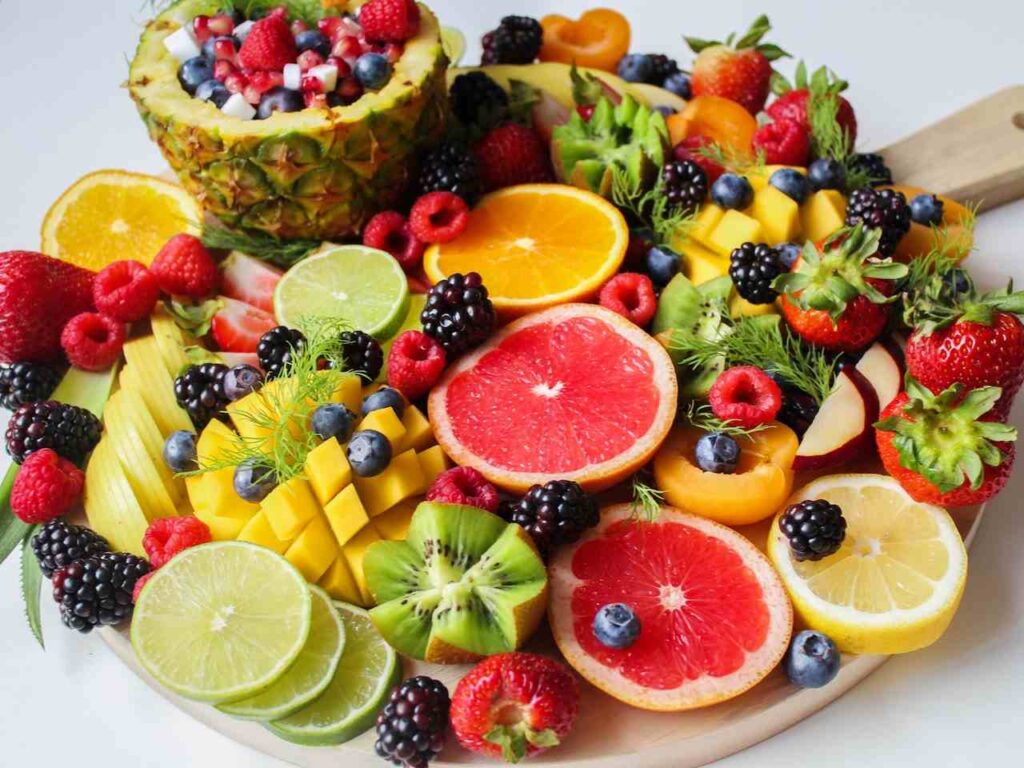
Vitamin C, also known as ascorbic acid, is an essential nutrient that plays a crucial role in maintaining good health. While many people associate vitamin C with citrus fruits like oranges, there are several natural sources of vitamin C, including:
- Citrus Fruits: The citrus fruits are basically known for its containing high vitamin C content. These include oranges, Indian gooseberries, grapefruits, lemons, limes, and tangerines.
- Berries: Many berries are excellent sources of vitamin C. As Exampals are strawberries, blueberries, raspberries, and blackberries.
- Kiwifruit: Kiwifruit is exceptionally rich in vitamin C and provides more vitamin C per serving than most other fruits.
- Guava: Guava is a tropical fruit that is extremely high in vitamin C, containing even more vitamin C than oranges.
READ MORE:Essential Skincare Ingredients to Transform Your Routine
DIY VITAMIN C MASK
1.ORANGE AND HONEY MASK
Ingredients:
- Freshly squeezed orange juice
- Honey
- Yogurt
STEP TO FOLLOW
- Mix 1 teaspoons of honey with 1 teaspoon of yogurt and the orange juice until it forms a smooth paste.
- Apply the mixture to your face and leave it on for 10-15 minutes.
2.Amla face pack
Amal is fill of vitamin c just use one teaspoon of Amla powder with 1 teaspon of yogurt.
Apply the mixture to your face and leave it on for 5-10 minutes.
you can incorporate vitamin c in various forms and its available in your kitchen or can purchase product from market which is serum, facewash. moisturizer ets.

